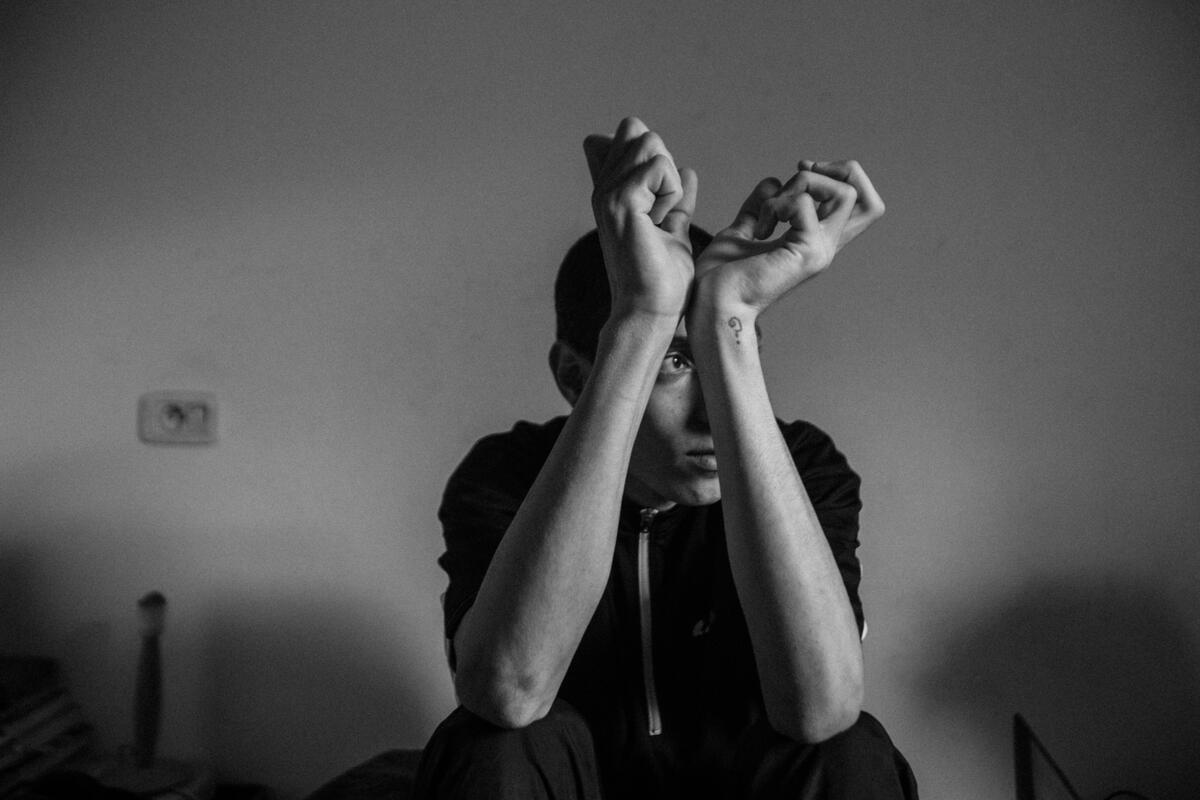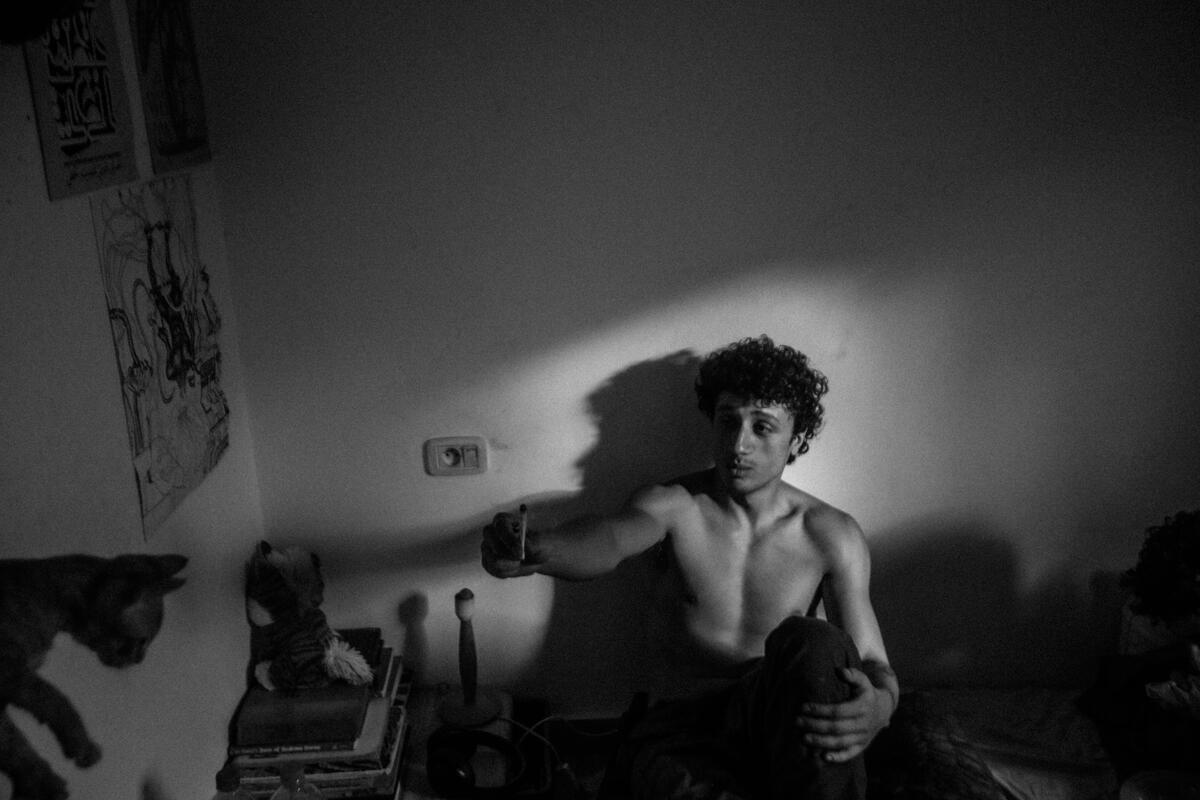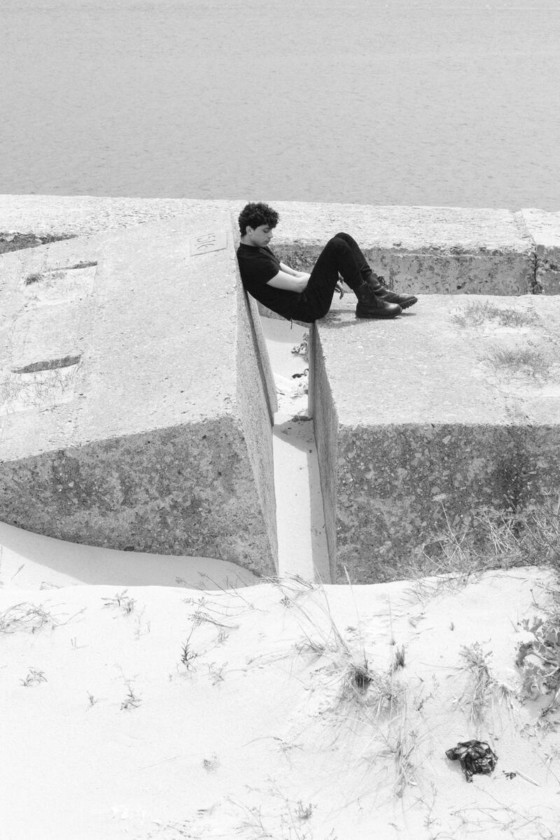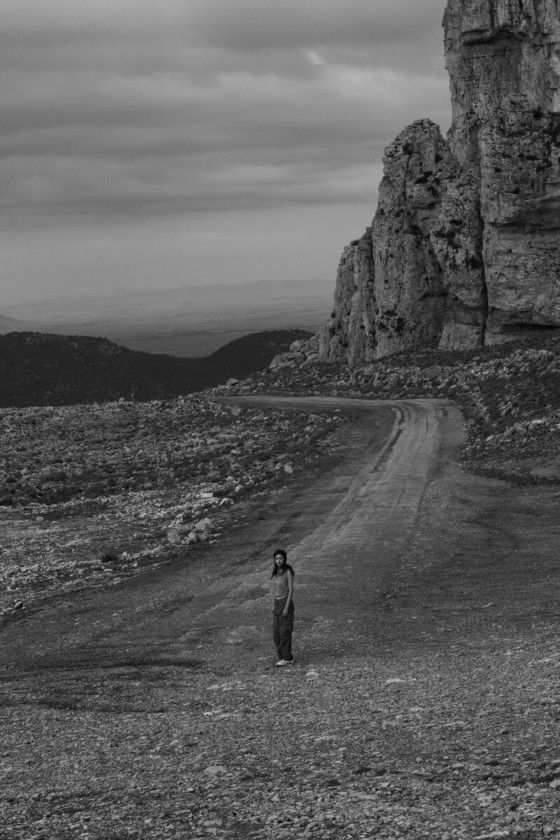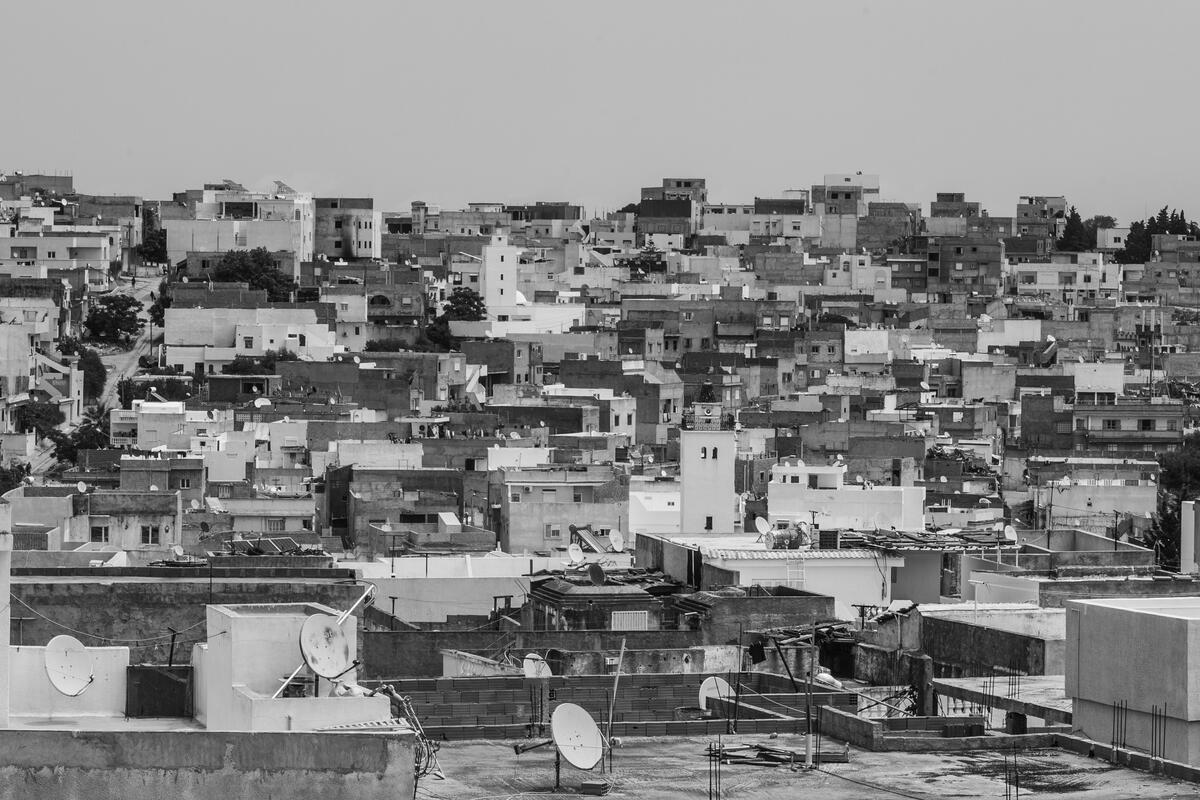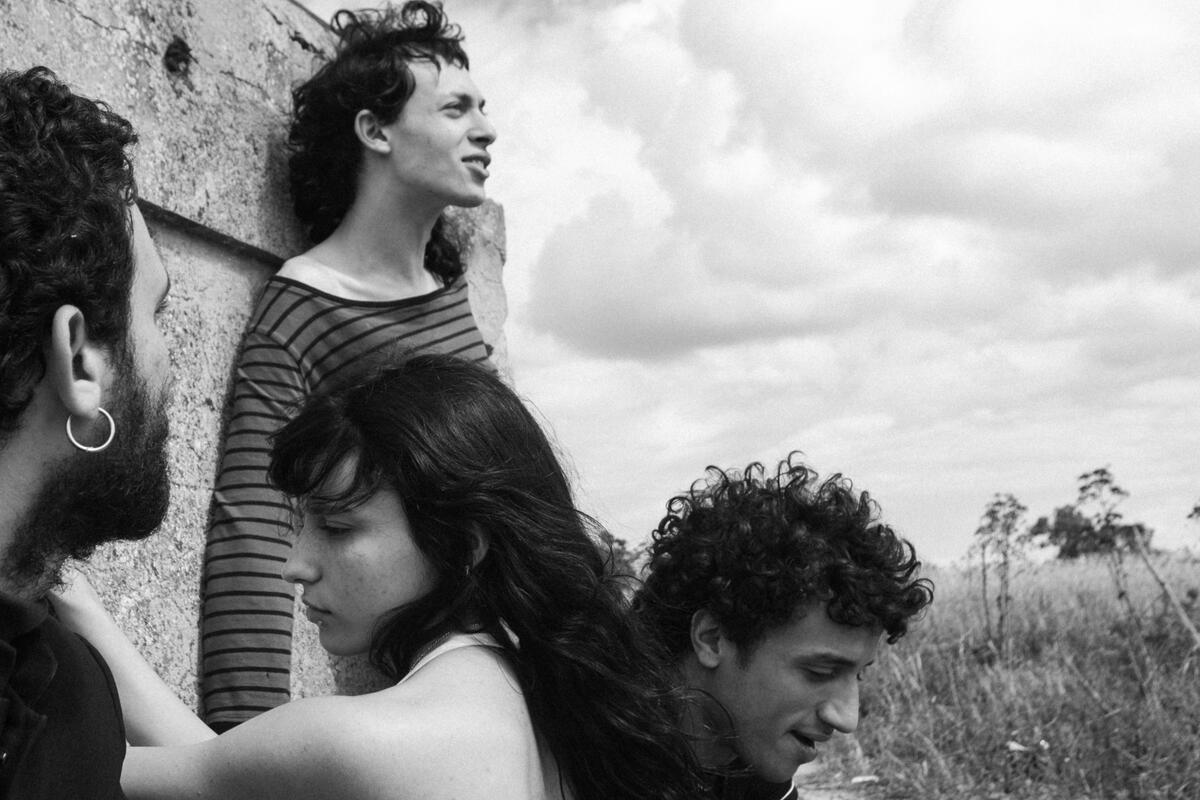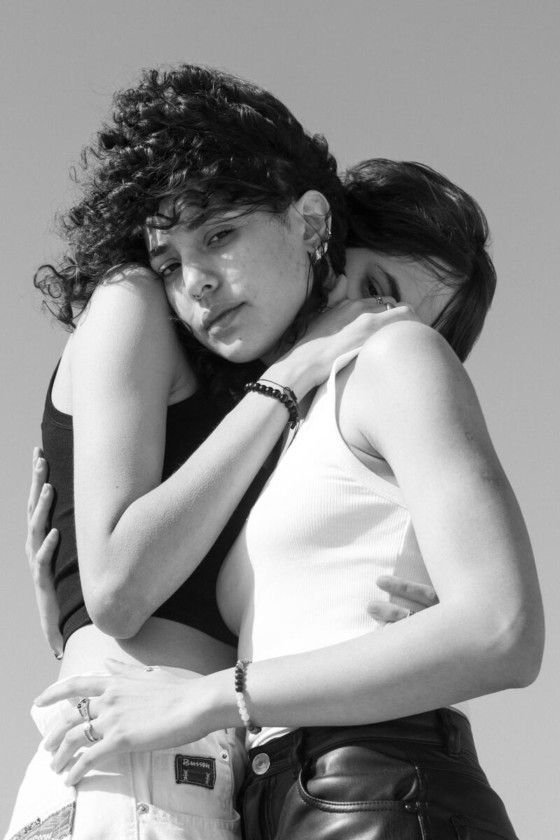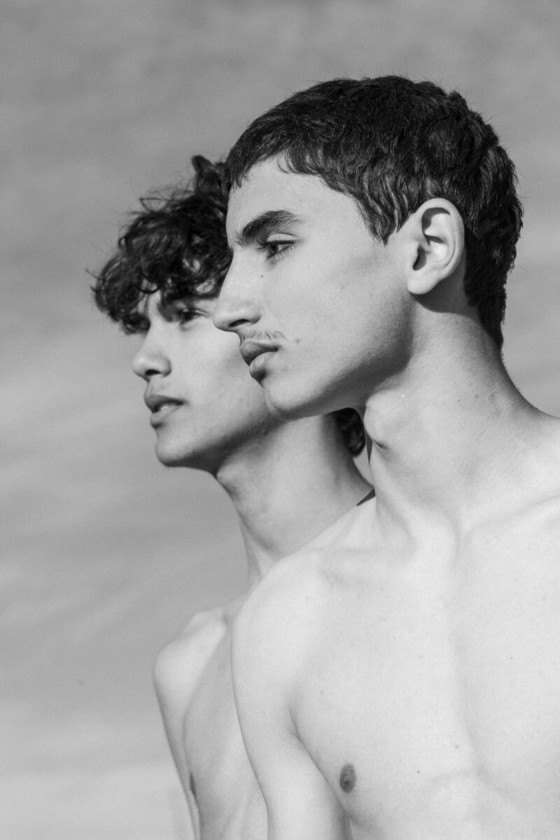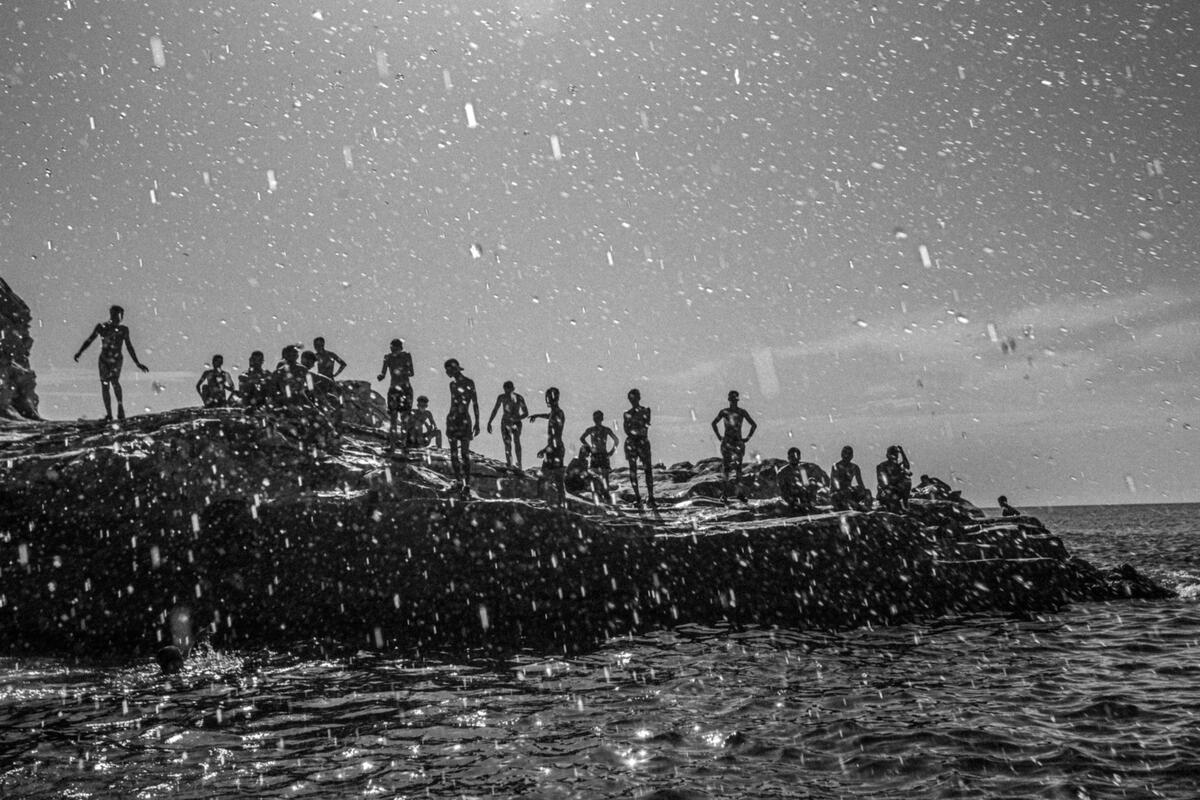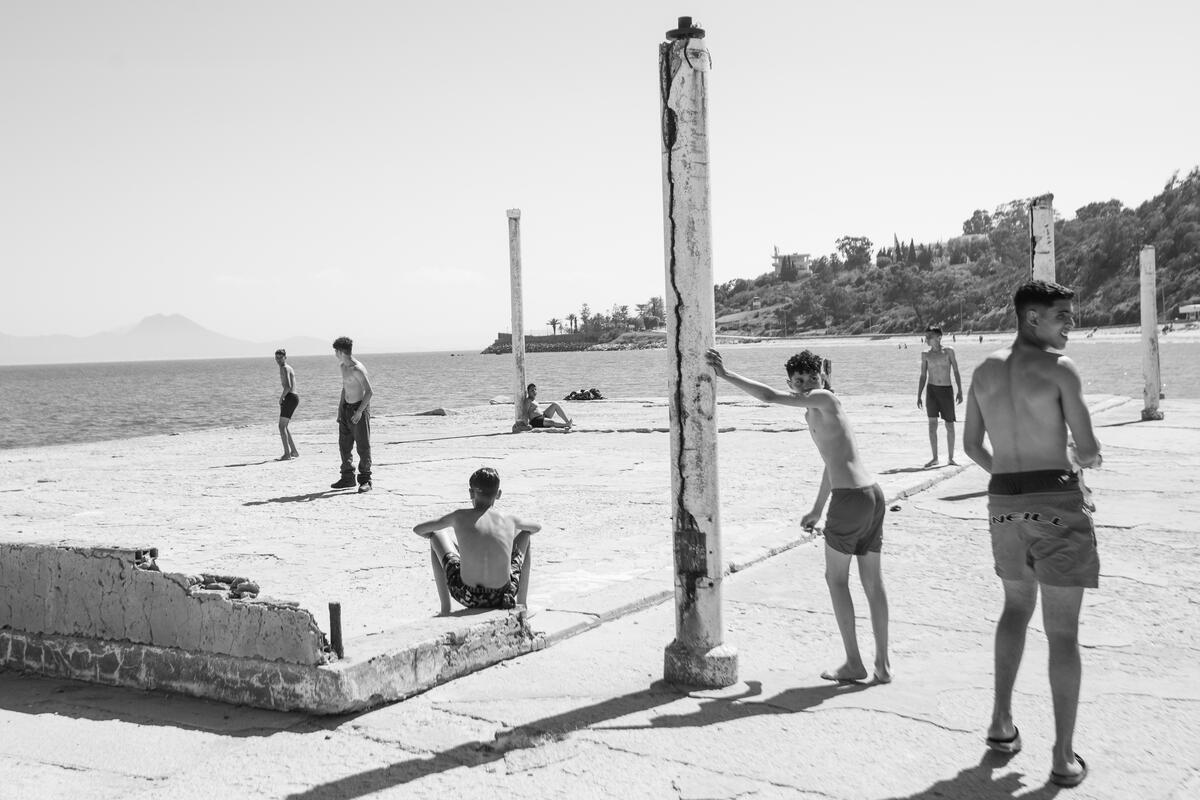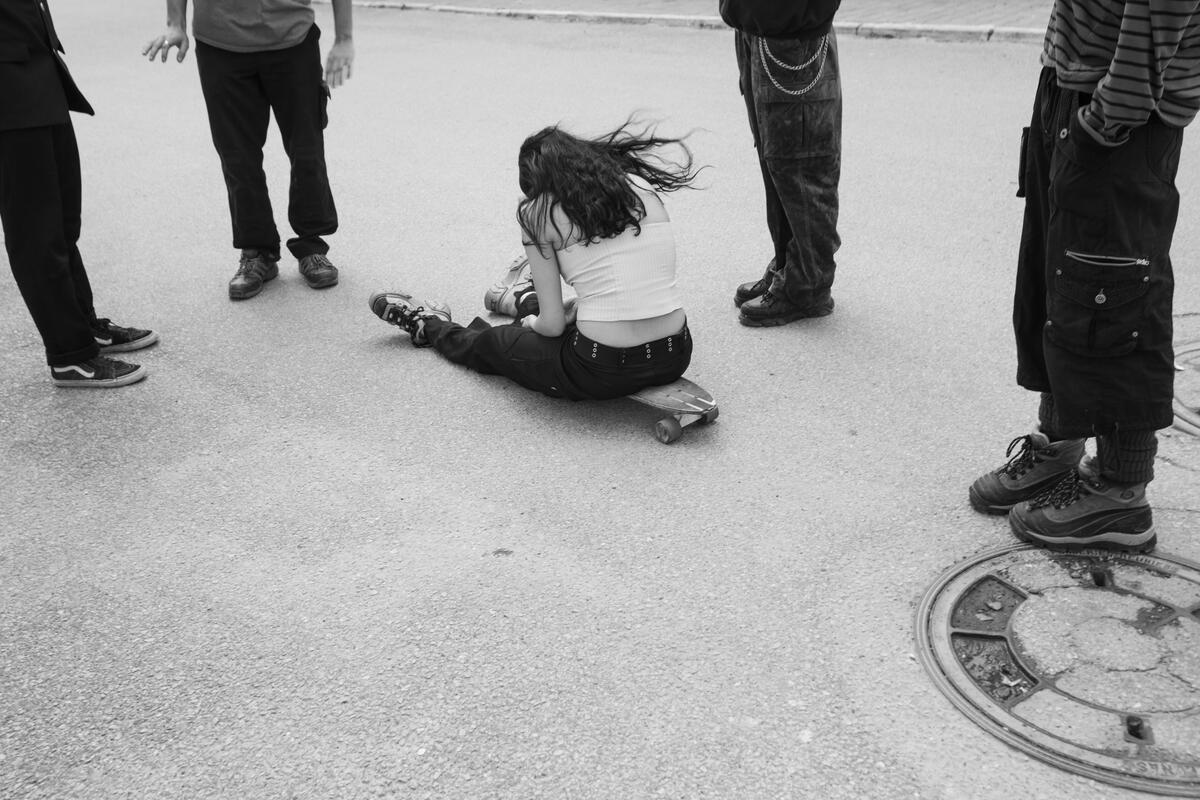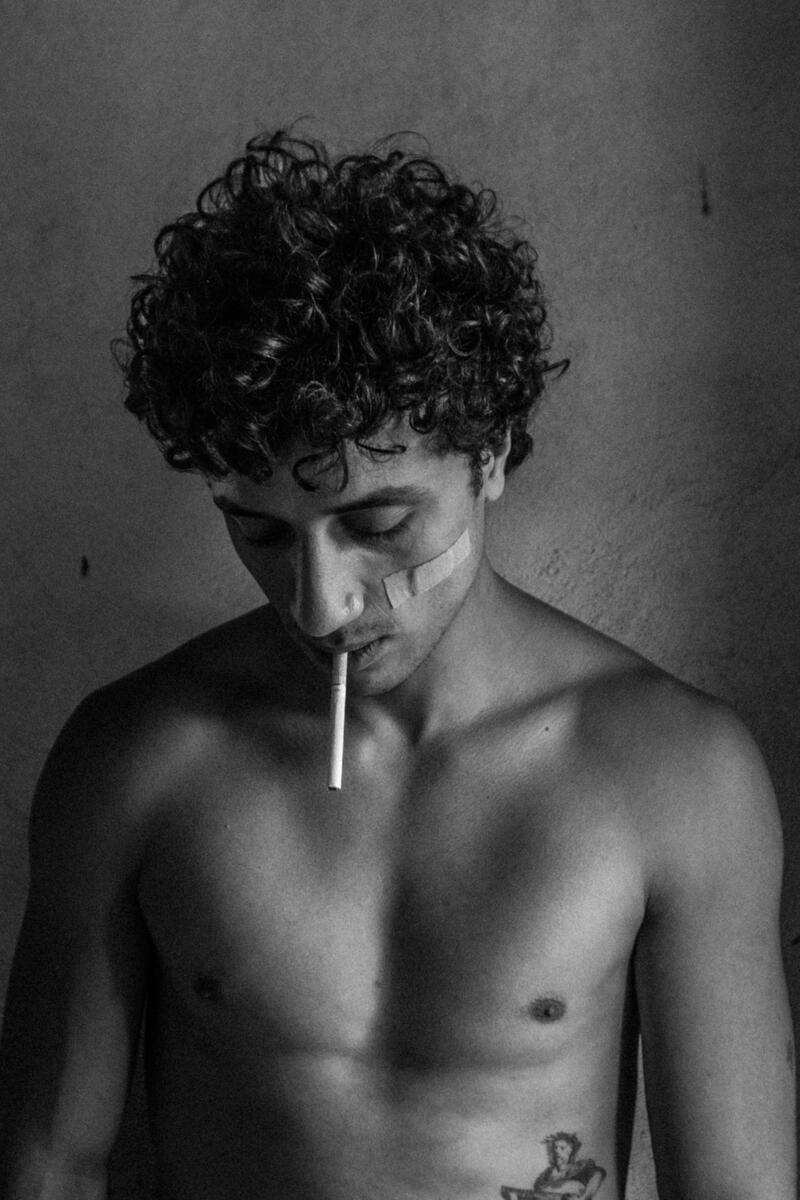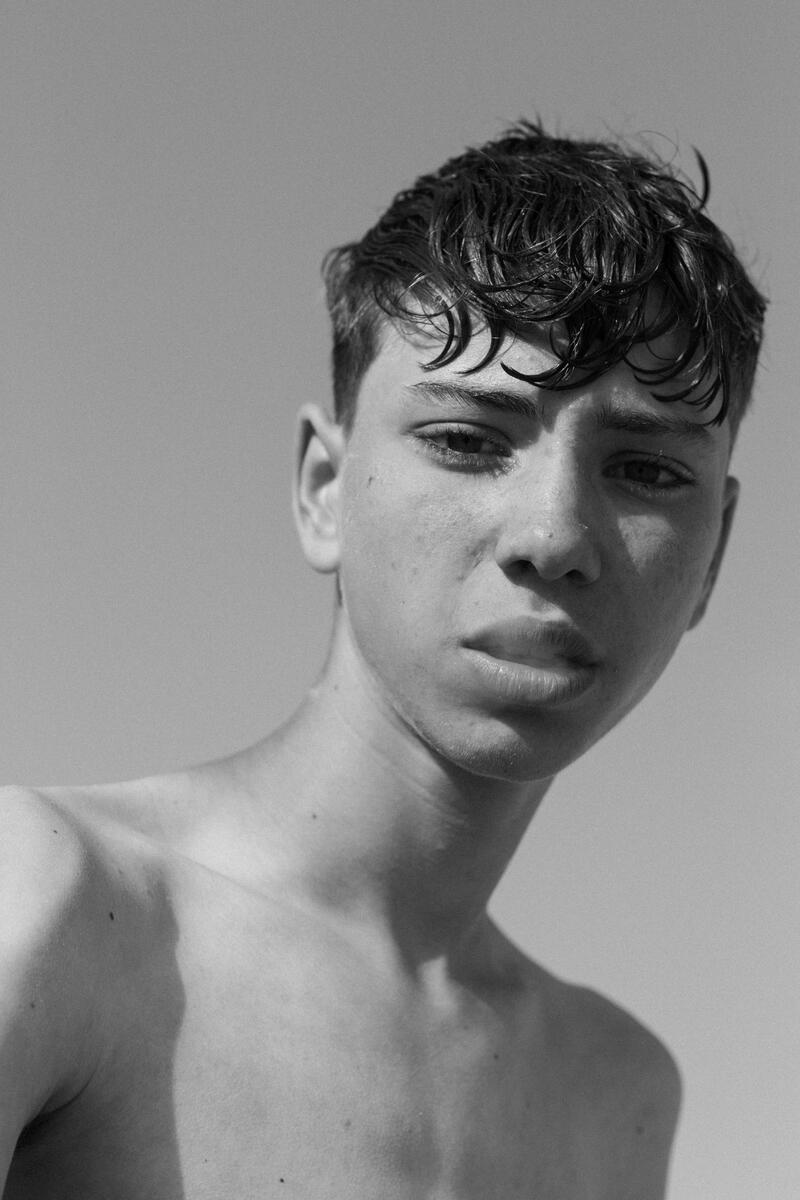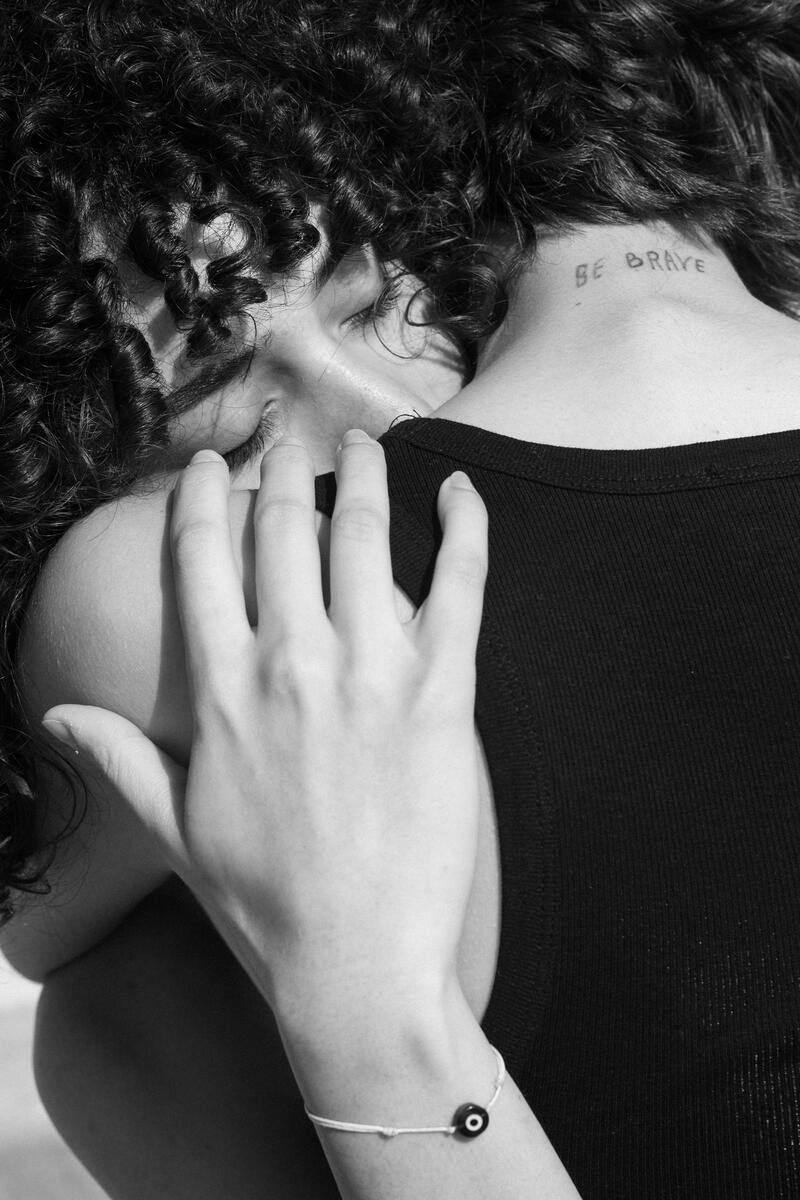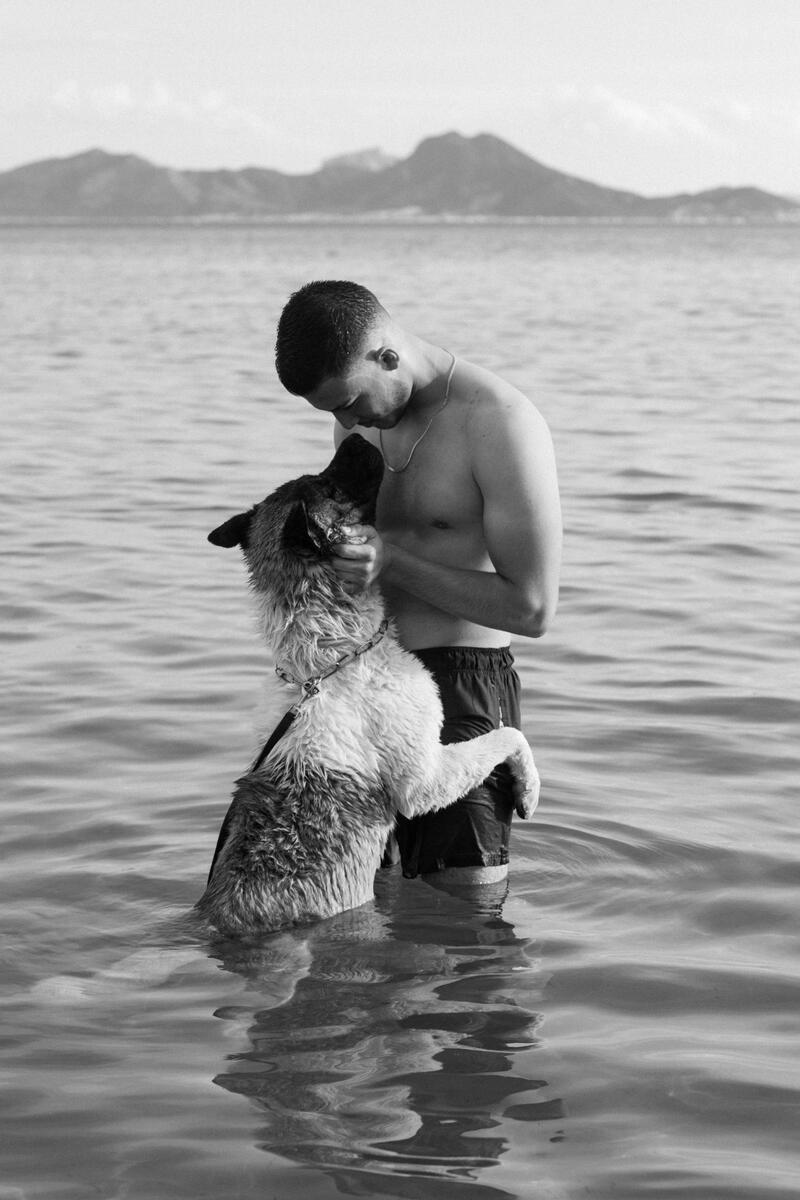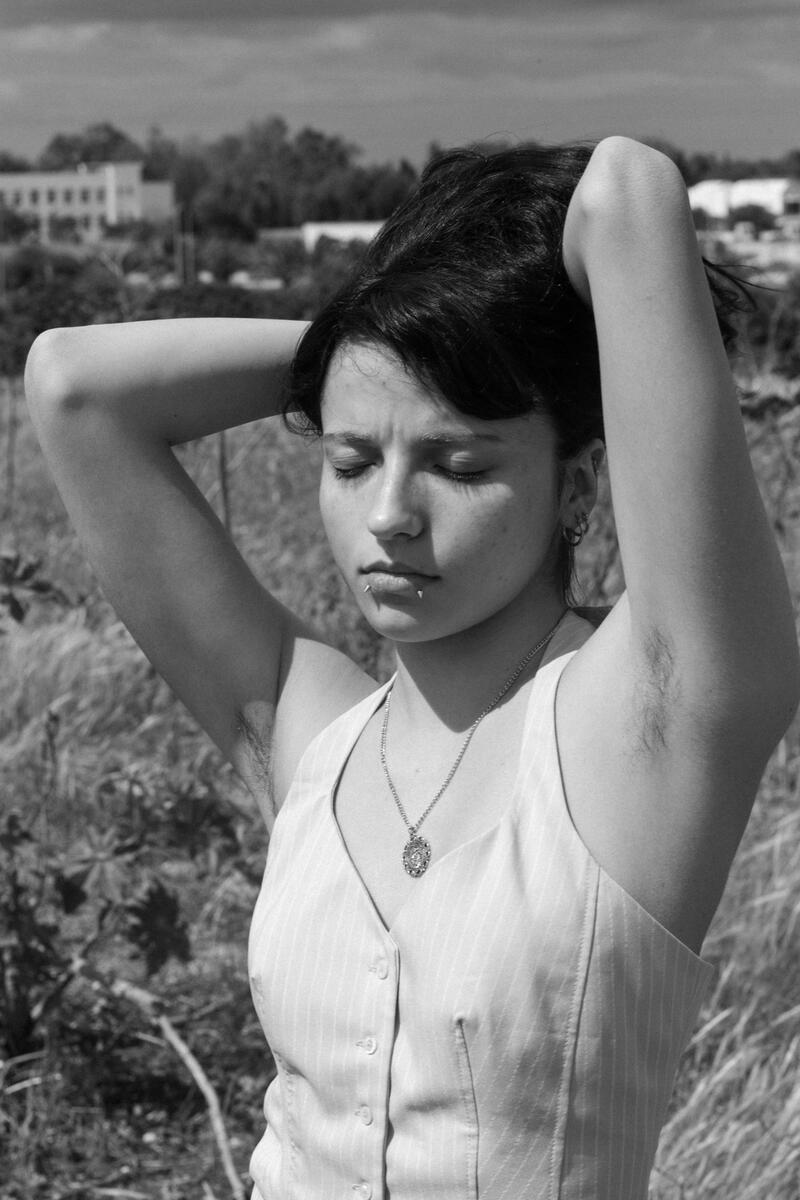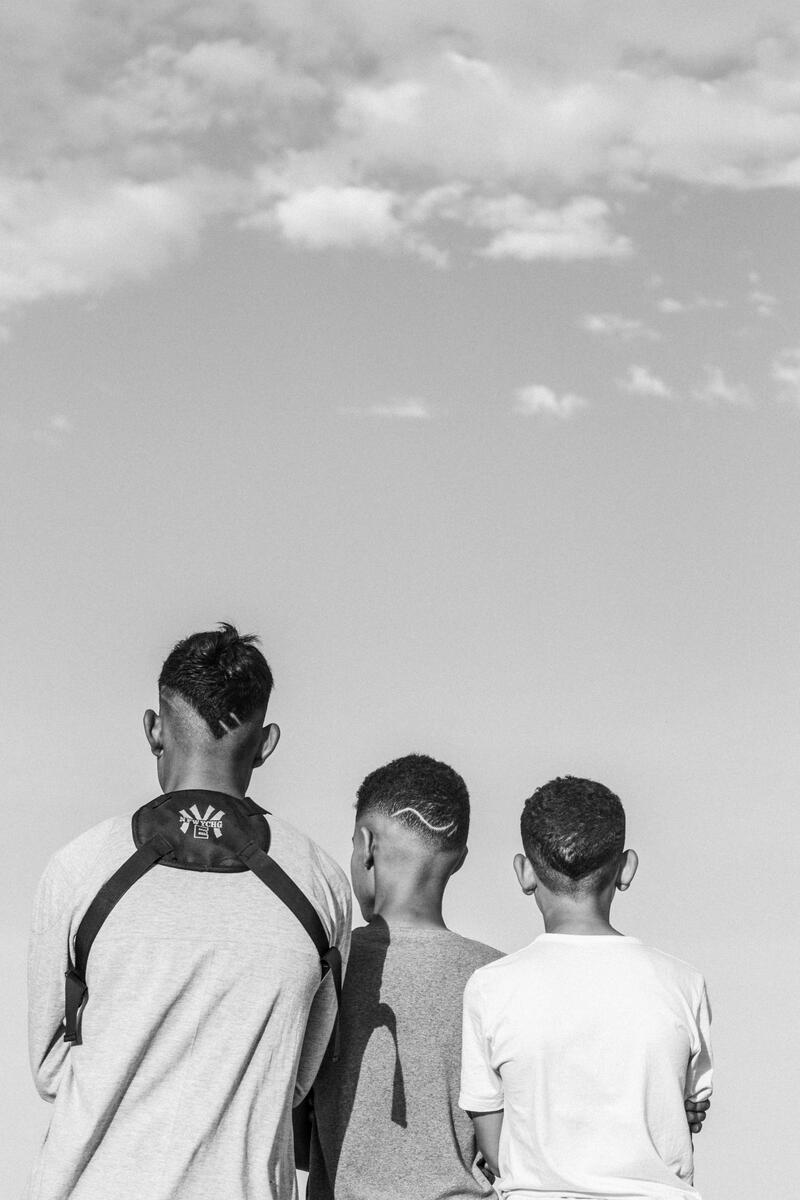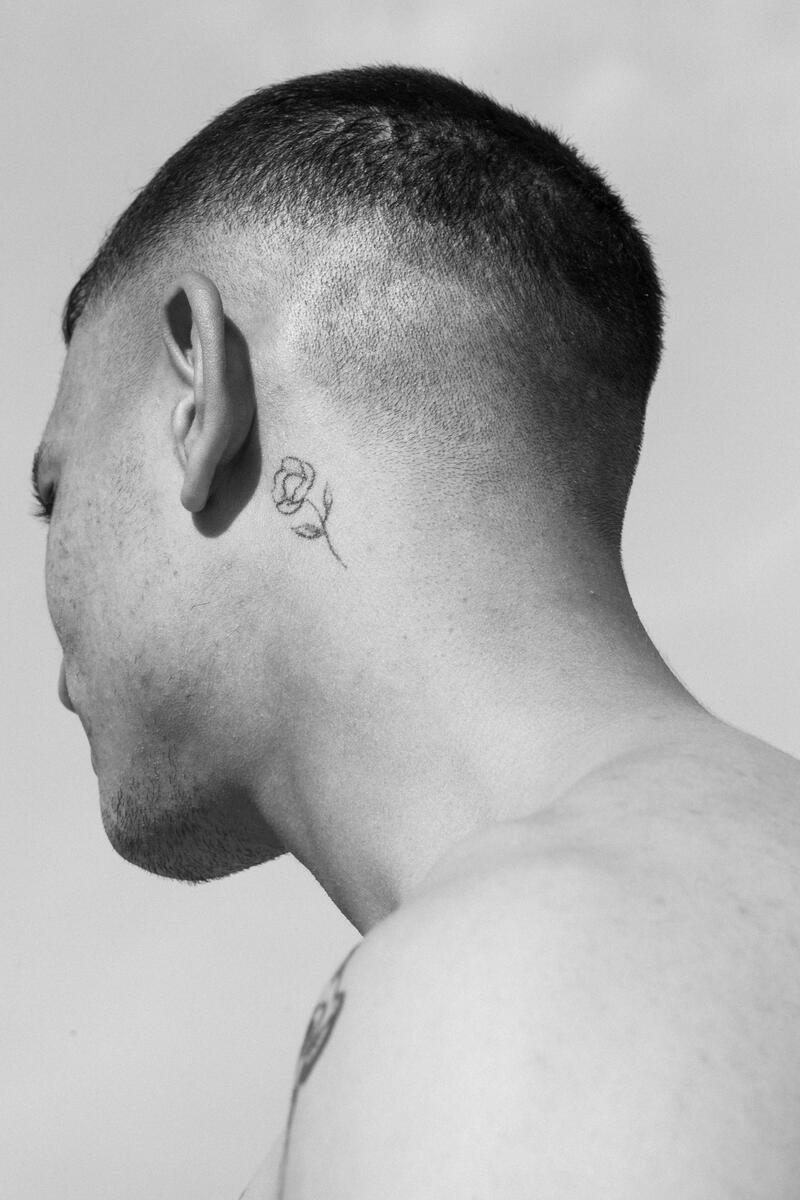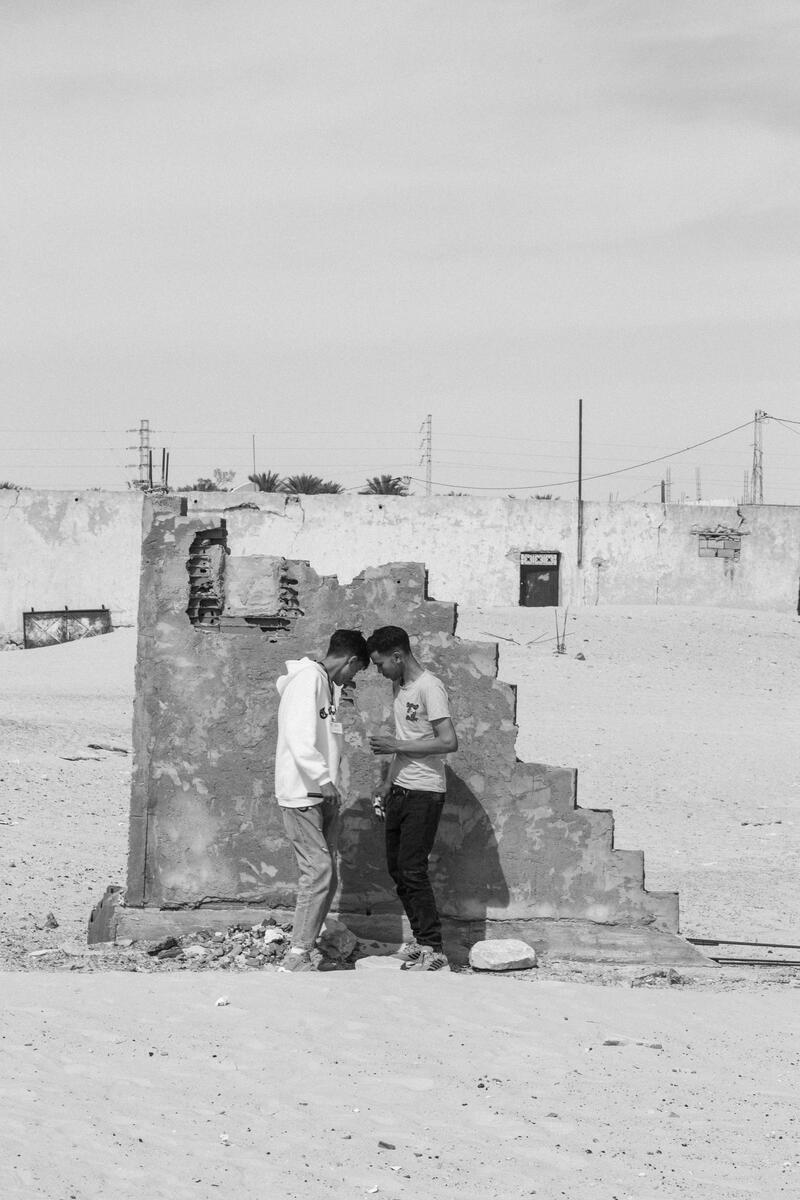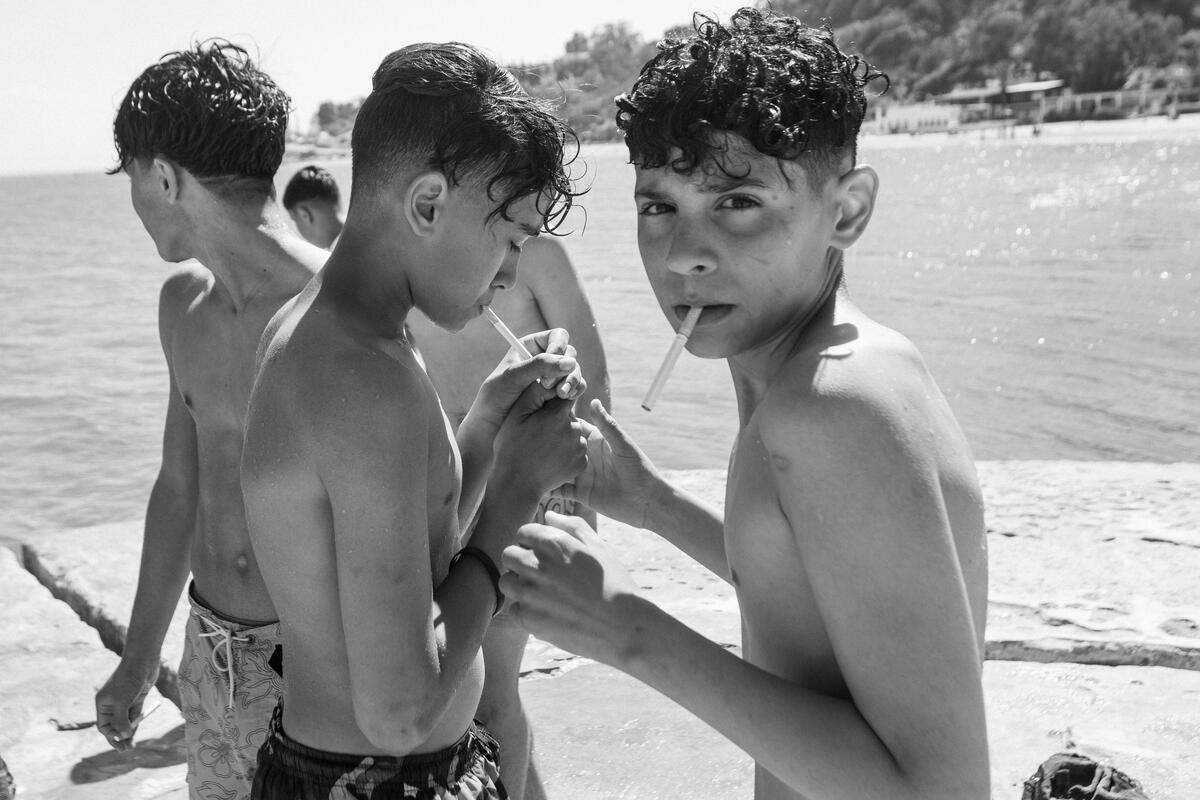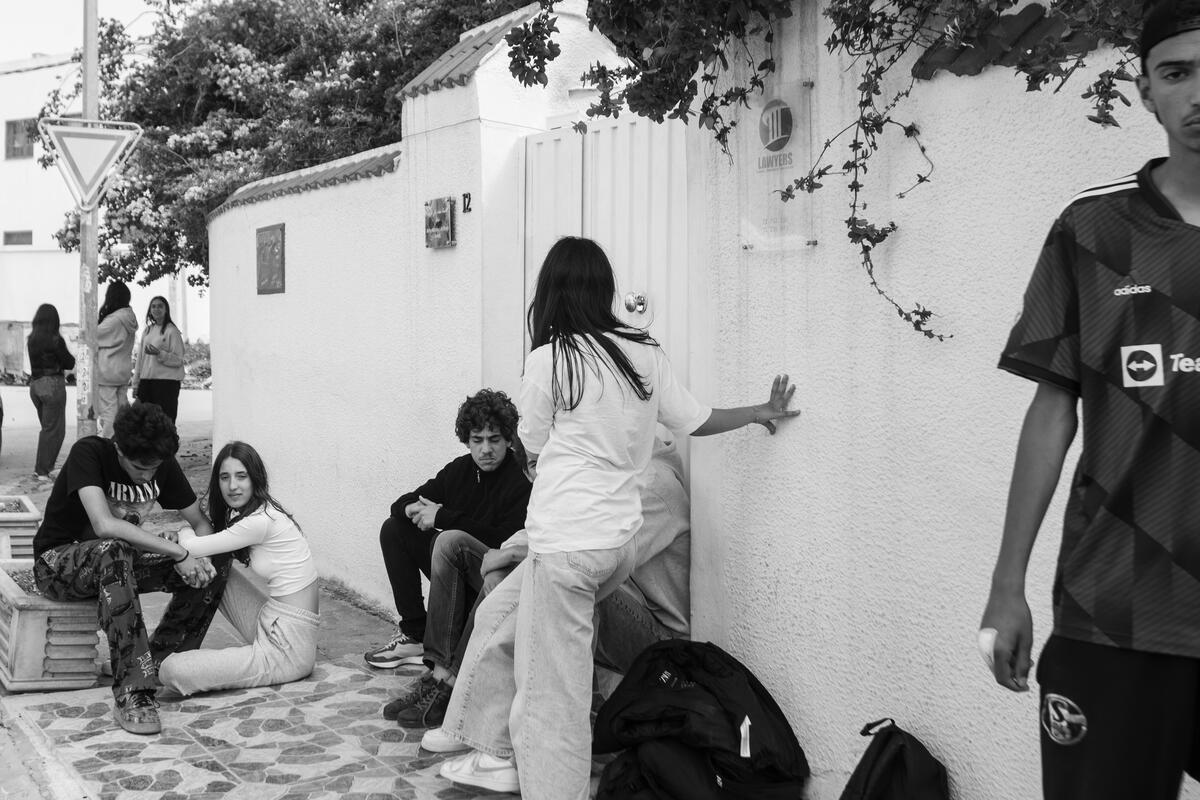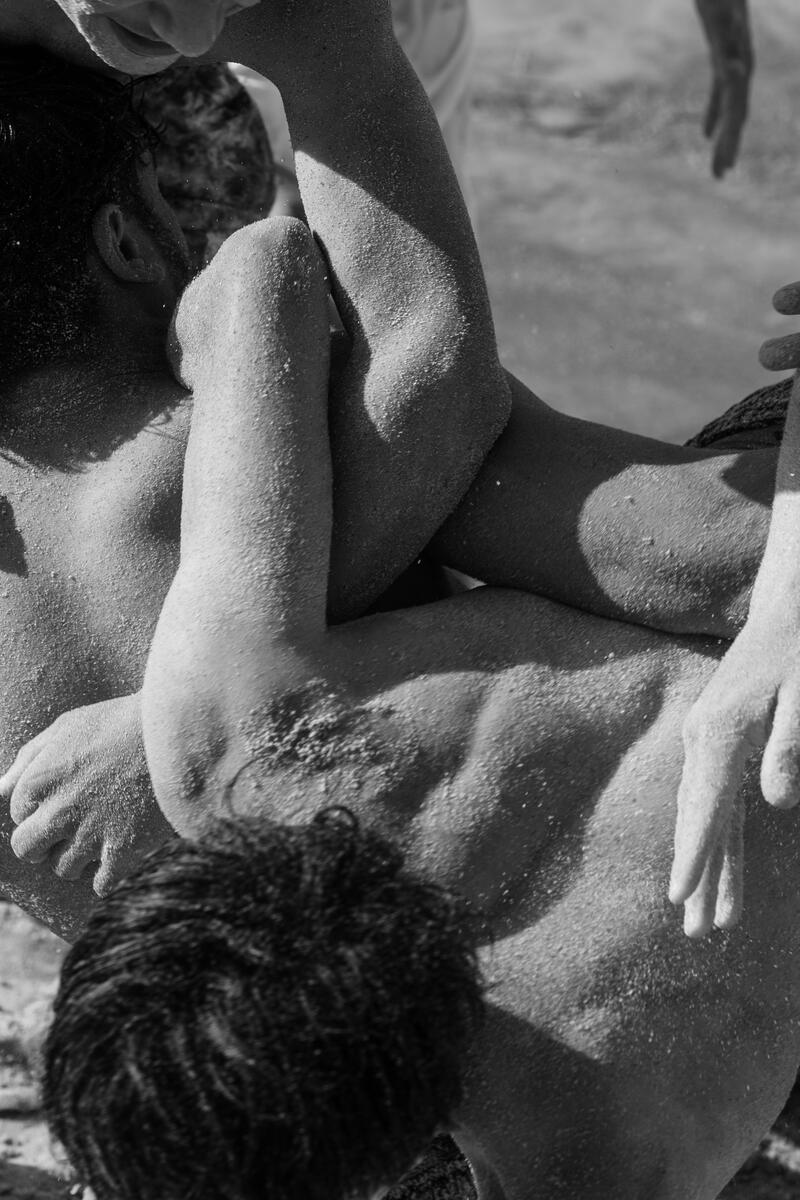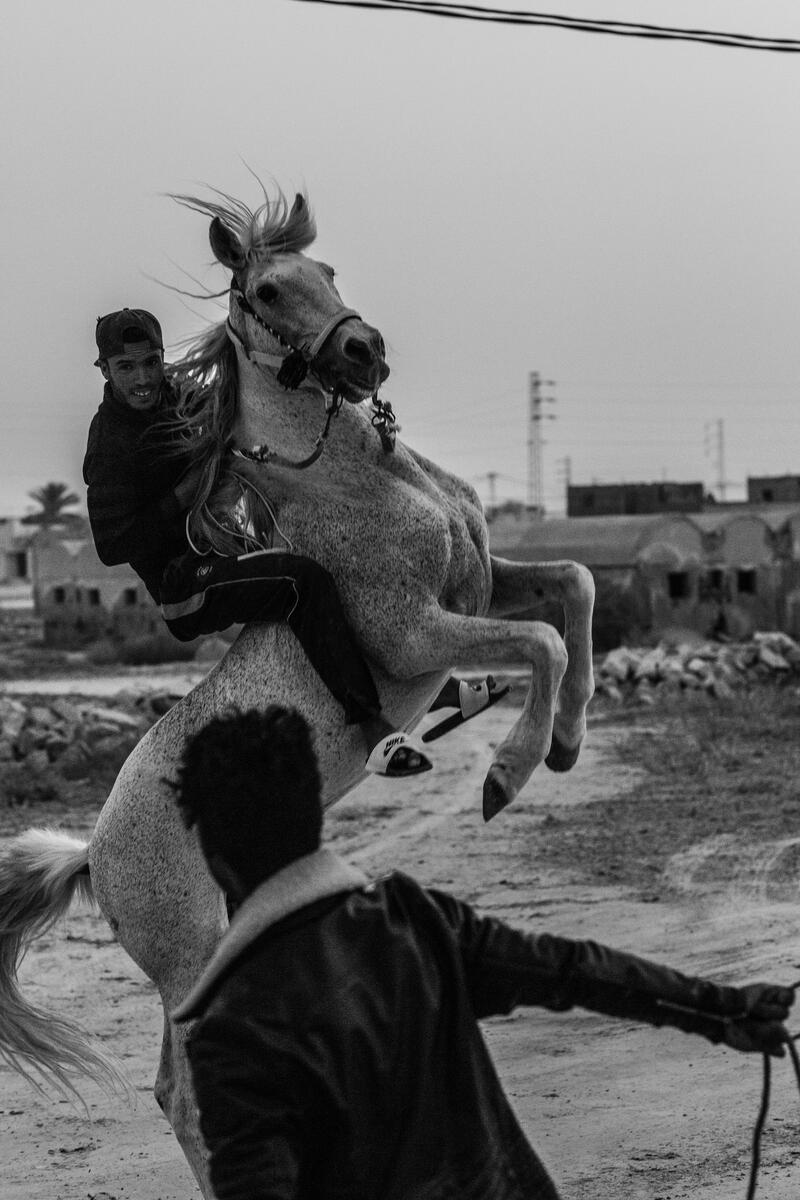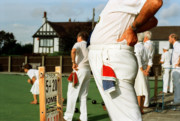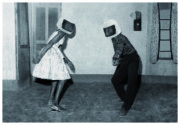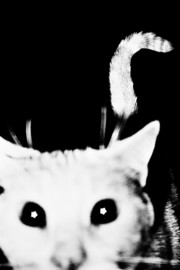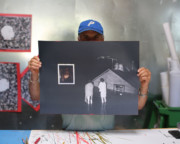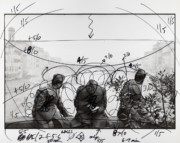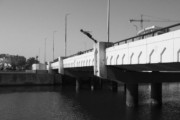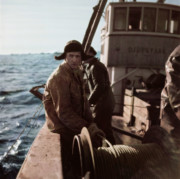The Escape
One of the winners of the 2024 World Press Photo Contest, Zied Ben Romdhane’s dreamlike coming-of-age series captures the general malaise of Tunisian youth
“Malaise” is the word that Zied Ben Romdhane uses to describe the general mental health of young people in Tunisia today. A vague sense of ill-being, difficult to pin down, but with its presence looming ominously over day-to-day life. “When I was in my 20s, Tunisia was under a dictatorship. Life was monotonous, boring,” he writes. “It was binary: you could be for or against the dictatorship. The way was clearer, the route simpler. You study, then you plan your future. Now it’s far more complicated.”
The end of Zinedine El-Abidine Ben Ali’s dictatorship in 2011 marked a turning point in Tunisian history, fresh with the promise of freedom, opportunity, and social justice. But 13 years later, for the new generation, instability reigns. “When you are young and searching for identity, trying to see your future, it feels hopeless when you have a new government every six months,” Ben Romdhane continues.
The Escape, winner of the Long-Term Projects category for the Africa region of the 2024 World Press Photo Contest, is Ben Romdhane’s visual and metaphoric exploration of this general malaise in the younger generations.
“More than 40% of Tunisia’s population is aged 15–34, with unemployment of youths under 24 at around 40%, according to the World Bank,” World Press Photo reports — a contributing factor to rising mental health problems and suicide rates. “Talking about mental health or depression was never a thing for my generation, we didn’t have the language, the words. It’s related to this new way of life, this new way of living,” Ben Romdhane adds.
Below, the photographer discusses how the series fits into his wider work around Tunisia as well as the challenges of capturing a mental state through photography.
When did you start working on the project The Escape? What did it mean to you and how would you describe your relationship with the subject matter?
Zied Ben Romdhane: I am interested in exploring the socio-political contrasts between Tunisia’s inland regions and its coastal areas, and how geography plays a role in shaping these dynamics. I spent 10 years photographing the country’s inland regions before shifting my focus to major coastal cities like Tunis, Sousse, and Sfax in 2017. This change allowed me to observe that Tunisian youth share many common challenges and experiences in their daily lives, regardless of whether they live in the inland regions or the bustling coastal cities.
"The Escape is about the general mental health of Tunisia, this feeling of malaise."
-
Perhaps I am still influenced by the 2011 revolution, the first of the Arab Spring. I am trying to understand the results and evolution of this revolution while remaining interested in how young people perceive this process, which is still long and full of obstacles. I am also particularly interested in understanding to what extent our generation has succeeded in bringing clarity or hope to the next generation during this transitional process.
The project explores the lives of young Tunisians, fighting against unemployment, ennui and mental health problems in their home country. What was it like for you to photograph these young people?
Ben Romdhane: The Escape is about the general mental health of Tunisia, this feeling of malaise. The impression I got was that the younger generation is grappling with profound feelings of instability. When you’re at a stage in life where you’re shaping your identity and envisioning your future, the frequent changes in government, ongoing debates, and a toxic political atmosphere can create a sense of hopelessness. This struggle isn’t isolated to just young people; individuals of all ages are seeking ways, whether physical or psychological, to escape the country.
"The photos convey a dreamlike or parallel Tunisia."
-
The images are soft, poetic, and dreamlike, and often feature people as if caught in a transient place and time, perhaps in contrast to the realism of their day-to-day lives. Can you tell us a bit more about how you approached this creatively?
Ben Romdhane: Capturing a mental state is extremely challenging when focusing on a factual or informative approach. That’s why I chose to describe my feelings about the general malaise among the youth in the country using a metaphorical and symbolic approach.
"The vacant gazes suggest that these young people are almost hypnotized, or numb to their trauma and pains. "
-
I feel that these young people are trying to escape from the harsh and challenging reality, which is why the photos convey a dreamlike or parallel Tunisia. Those who are unable to physically leave the country do so mentally or spiritually. However, there’s also a pervasive sense of uncertainty in this world, with illusions and mirages abound. The vacant gazes suggest that these young people are almost hypnotized, or numb to their trauma and pains, lacking reactions.
"Capturing a mental state is extremely challenging when focusing on a factual or informative approach. "
-
This summer, Ben Romdhane is one of two mentors for the Magnum Summer Course in Marseille, southern France. Alongside Newsha Tavakolian, the two Magnum photographers will lead a three-week comprehensive course for aspiring or practicing photographers, all levels of experience welcome. Find out more here.



